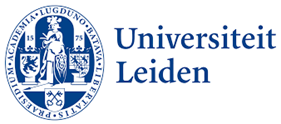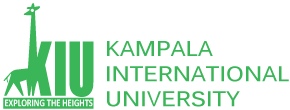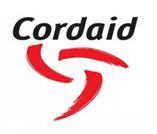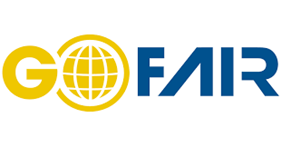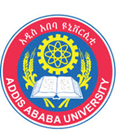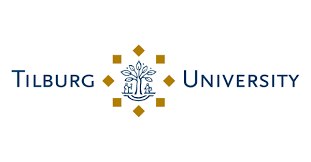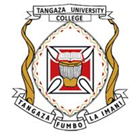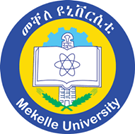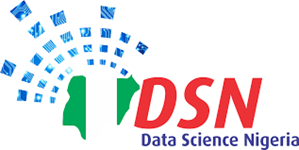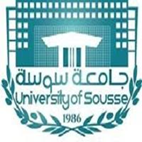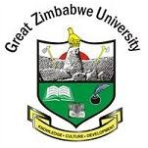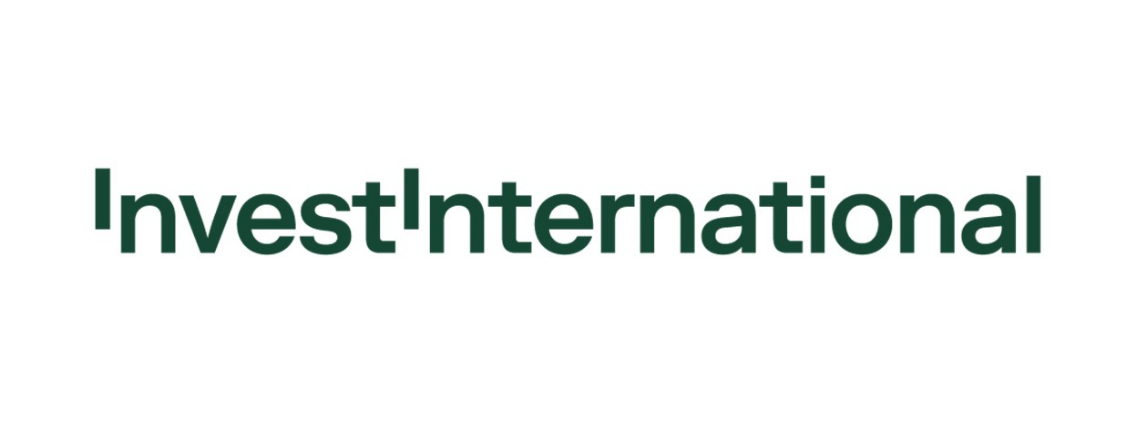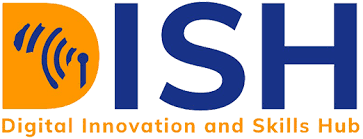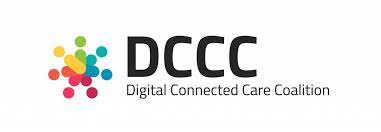VODAN Africa and the Journey of a Thousand Tiny Steps
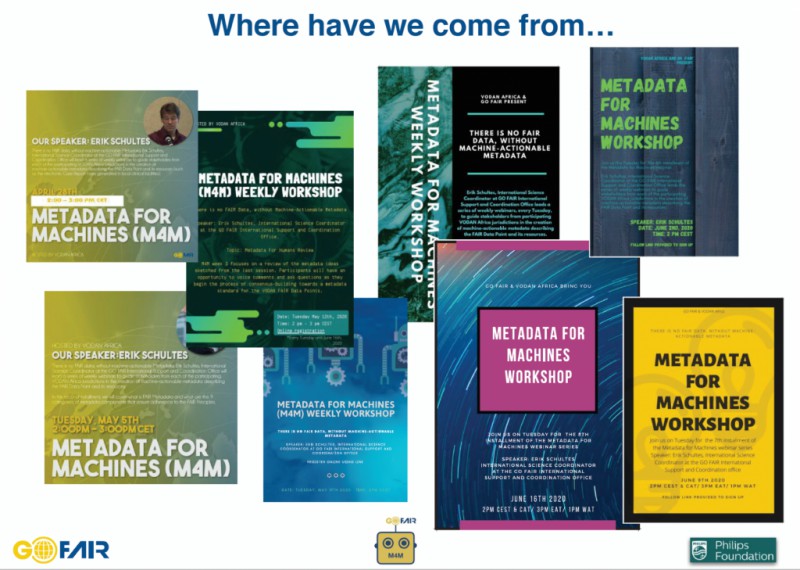
As the COVID-19 pandemic ran riot around the world and was gradually making inroads into Africa, a new partnership developed to address the current and immediate challenges faced in the continent using a different kind of science: the science of FAIR Data.
VODAN Africa is a partnership consisting of Universities, Hospitals, and Ministries of Health (MOHs) in Uganda, Ethiopia, Nigeria, Kenya, Tunisia, and Zimbabwe. The project had an international partnership and support from Leiden University, GO FAIR Foundation, Tilburg University, the Europe External Programme with Africa (EEPA), and the Philips Foundation, who provided the funding.
The main objectives of the partnership are to develop African expertise through the Training of Trainers (ToT) workshops, build machine actionable data using WHO standard electronic Case Report Forms (eCRFs), and getting them to the FAIR Data Points (FDPs) that will allow data visiting by algorithms based on the access control given to the data by the data stewards.
To deepen the knowledge and understanding of the FAIR concepts of Findable, Accessible, Interoperable, and Reusable, a four-part webinar series was hosted and coordinated by Christine Kirkpatrick of San Diego Supercomputer Center, on April 1st, 8th, 15th, and 22nd. On the first web series, Barend Mons, President of CODATA and Founder of GO FAIR started with An Introduction to the Virus Outbreak Data Network.
The second series was presented by Professor Mirjam van Reisen, the Global Coordinator, VODAN Africa. She explained VODAN Africa ToTs (Data Stewardship). In the third series, Albert Mons and Luiz Bonino from GO FAIR demonstrated FAIR Data in action using the semantics model, ontologies, and the deployment of an FDP. The last web series was on Fighting COVID-19 by Mining Insights from Heterogeneous Datasets, and amazing presentations were made by Peter Rose, Ilya Zaslavsky, Iris Shen, Natalie Meyers, and Eric Morgan.
In adherence to the VODAN Africa project timeline, the eight-part series Metadata for Machines (M4M) Workshop, held weekly between 28th April and 16th June 2020, was conducted by Dr. Erik Schultes, the International Science Coordinator, GO FAIR Foundation. The purpose of the workshop was to train Data Stewards that will assist domain experts who want to produce FAIR Data, in creating machine-actionable metadata that satisfies and adheres to the FAIR principles. Luiz Bonino and Kees Burger guided the installation of FAIR Data Points on April, 30th, 2020.
To highlight the challenges and progress made by participating countries in the fight against COVID-19, a second webinar series was hosted by Christine Kirkpatrick of the San Diego Supercomputer Center on 7th, 14th, and 21st May 2020. Presentations were made by the Executive Coordinator of VODAN Africa, Prof Francisca Oladipo, Technical Coordinator VODAN Africa and Country Lead Uganda, Mariam Basajja, and other country leads from Ethiopia, Kenya, Nigeria, Zimbabwe, and Tunisia.
The focal points were on the country context, challenges encountered, how VODAN Africa can serve data-driven policies in these countries and the efforts government in the member countries are investing to combat the socioeconomic challenges caused by COVID-19. The Vice-Chancellor, Kampala International University, Dr. Mouhamad Mpezamihigo who also serves as the Chair of the Implementation Network for VODAN Africa spoke about the importance of VODAN Africa in solving health issues in Africa.
It has been a journey of tremendous progress for the VODAN Africa initiative. From the initial plans of deploying six FDPs on COVID-19 in the six partner countries, VODAN Africa currently has 14 FDPs at different stages of deployment.
Mirjam van Reisen is the Global Coordinator of the VODAN-Africa initiative.
Francisca Oladipo is the Executive Coordinator of the VODAN-Africa
Image credit: Erik Schultes, GFISCO, Leiden
